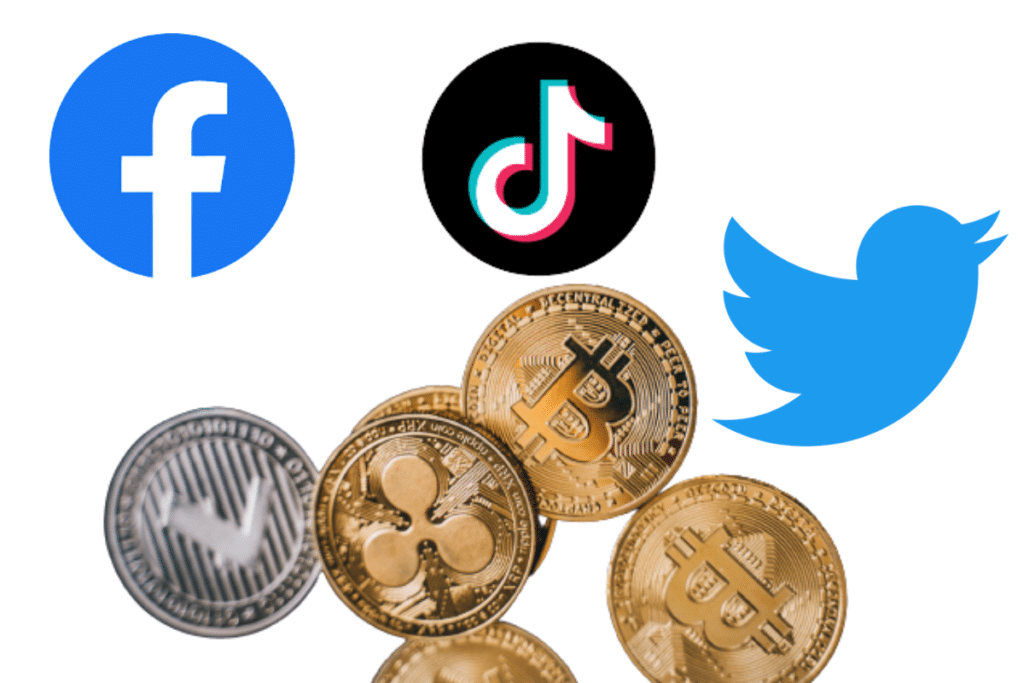Bitcoin Scams: How to Avoid the Traps!
Bitcoin scams are an unfortunate reality in the booming world of cryptocurrencies. Indeed, the exponential success of bitcoin and altcoins has given rise to a multitude of frauds and scams. The Bitcoin security has thus become a crucial issue. In this article, we will provide you with the necessary tools to detect these frauds and to ensure the safety of your investments in bitcoin and other cryptocurrencies.

How to recognize a Bitcoin scam?
It is important to know how to identify the warning signals that may indicate that an investment opportunity in bitcoin is actually a scam. Here are some indicators to watch for:
Promises of quick and high returns
Beware of offers that promise high and quick returns with little or no risk. Investments in cryptocurrencies can be profitable, but they also carry risks. Promises of significant and rapid gains should raise your alarm.
Anonymity of operators
Scammers often seek to hide their identity. If you cannot find information about the individuals or companies behind a platform or investment, it is possible that it is a scam.
Overly positive testimonials
Fake testimonials are common in scams. Beware of overly positive reviews and testimonials from people claiming to have made a lot of money in a short time.
High minimum investment
If a platform or an investment requires a high minimum amount to start, that may be a sign of a scam. Investors should be able to start with smaller amounts to limit their risks.
Common types of Bitcoin scams
There are several types of scams related to Bitcoin and other cryptocurrencies. Here are the most common:
Bitcoin Ponzi scheme
The Bitcoin Ponzi scheme is another common form of scam in the world of cryptocurrencies. In this fraudulent scheme, scammers promise high returns to investors through profits generated by new participants. At first, investors may see substantial returns, however, these gains actually come from the funds of new investors and not from real investments. When there are no more new investors, the system collapses, and investors face significant losses.
Bitcoin phishing
The Bitcoin phishing is a scamming technique that aims to trick users into revealing sensitive information such as their private keys or login credentials to their Bitcoin wallet.
These attacks can occur through fake emails, fake websites, or messages on social media that appear to come from reliable sources. The scammer’s goal is to collect this information to access the Bitcoin accounts of victims and steal their funds. Constant vigilance and knowledge of the signs of a possible phishing attack are essential to ensure the safety of your investments in bitcoin.
Fake investments and trading platforms
These scams often involve trading or investment platforms that claim to generate significant profits through sophisticated strategies or algorithms. In reality, these platforms only divert investors’ funds.
Email and social media scams
Scammers can send emails or messages on social media claiming to be well-known companies or individuals in the cryptocurrency industry, such as exchange platforms or influential personalities. These messages may contain investment offers, contests, or giveaways, and generally ask victims to send bitcoins or other cryptocurrencies to participate.

Ransomware and malware
Ransomware are malicious software that encrypts a user’s files and demands a ransom, usually in bitcoin, to decrypt them. Malware can also be used to steal users’ private keys or to hijack the computational power of their computers to mine cryptocurrencies without their consent.
Protecting your investment in bitcoin
To avoid scams and protect your investment in bitcoin and other cryptocurrencies, it’s important to take precautions:
Use a secure wallet
Choose a reputable and secure cryptocurrency wallet to store your assets. Hardware wallets are typically considered the safest, as they keep your private keys offline and away from hackers.
Verify information sources
Before investing in a platform or project, make sure to verify the information sources. Look for independent reviews and information from reliable sources, and avoid relying solely on testimonials and reviews posted on the companies’ websites.
Enable two-factor authentication
Activate two-factor authentication (2FA) on all your cryptocurrency-related accounts to add an extra layer of security. 2FA typically requires you to enter a code sent to your mobile phone or generated by an app, in addition to your password.
Never share your private keys
Your private keys are essential for accessing your cryptocurrencies. Never share them with anyone and ensure they are stored safely and offline.

What to do in case of a Bitcoin scam?
If you think you may be a victim of a scam related to bitcoin or another cryptocurrency, here are the steps to follow:
Report the scam to the authorities
File a complaint with local authorities and report the scam to the Financial Markets Authority (AMF) or the central bank in your country. These organizations may investigate the case and, in some instances, assist in recovering lost funds.
Raise awareness among other users
Share your experience on forums, social media, and review websites to raise awareness among other users about scams and help prevent others from falling into the trap.
Consult a legal expert
If you have lost a significant amount of money due to a scam, consult a lawyer specializing in cryptocurrencies for advice on possible legal remedies.
Conclusion
In conclusion, it is possible to protect yourself against Bitcoin scams by staying vigilant, thoroughly verifying information sources, and implementing appropriate security measures. The protection of your Bitcoin wallet, which is the guardian of your digital assets, is one of these indispensable security aspects. Keep in mind this Bitcoin security tip: if an offer seems too good to be true, you are probably dealing with a scam. Be cautious and make sure to protect your cryptocurrency investments effectively. By following these tips, you will be better equipped to navigate confidently in the world of cryptocurrencies.
Maximize your Cointribune experience with our "Read to Earn" program! For every article you read, earn points and access exclusive rewards. Sign up now and start earning benefits.
The Cointribune editorial team unites its voices to address topics related to cryptocurrencies, investment, the metaverse, and NFTs, while striving to answer your questions as best as possible.
The views, thoughts, and opinions expressed in this article belong solely to the author, and should not be taken as investment advice. Do your own research before taking any investment decisions.